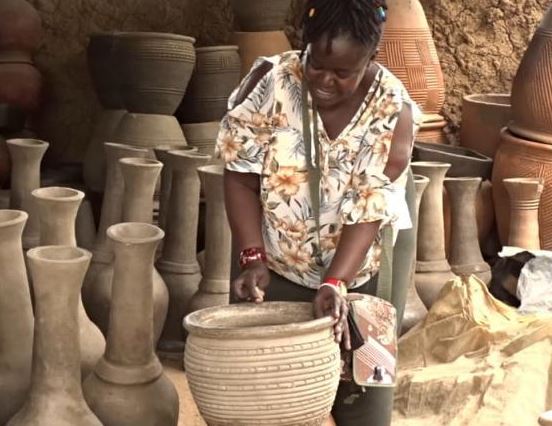×
The Standard e-Paper
Join Thousands Daily

There is nothing as satisfying as earning a living from selling something you have created with your hands. But satisfaction has been hard to come by for ceramic artists in Kakamega County since the coronavirus pandemic struck.
Pottery business for dozens of traders has taken a beating as the effects of the pandemic continue to bite.